The EU's failure to lift nuclear-related sanctions on Iran has made the JCPOA unlikely to be revived.

Iranian technicians check equipment at the Isfahan uranium enrichment facility, 420km south of the capital Tehran. Illustration photo: AFP
Recently, in a statement posted on its official website, the European Commission (EC) announced that it would not lift nuclear-related sanctions against Iran. The decision was made to maintain restrictive measures against Tehran under the nuclear non-proliferation sanctions regime after October 18, the date when the United Nations (UN) sanctions to restrict Iran from purchasing ballistic missiles and drones expire under the 2015 nuclear deal that Iran signed with the P5+1 Group (US, UK, France, Russia, China and Germany), also known as the Joint Comprehensive Plan of Action (JCPOA).
The nuclear deal places tough limits on Tehran's nuclear energy program, including limits on the amount of enriched uranium it can store at any one time.
On September 17, the E3 group (including France, the UK and Germany) announced that it would not lift certain sanctions on Iran because the country was accused of "non-compliance" with the 2015 nuclear deal signed with the P5+1 group.
Meanwhile, other signatories also agreed to various commitments, mainly easing sanctions on Iran and helping Tehran recover economically .
However, Iranian officials insist they are no longer bound by those rules because the United States unilaterally abandoned the deal in 2018, when then-President Donald Trump reimposed all previous sanctions on Tehran and expanded them, violating America's core commitment to the nuclear deal with Iran.
Iranian Foreign Ministry spokesman Nasser Kanaani also criticized the recent decision of the EC, saying that the sanctions were lifted on October 18 under the 2015 nuclear deal. The Iranian Foreign Ministry representative said that this move violated the commitments of the EU, the E3 group and Resolution 2231 of the UN Security Council.
Since the US withdrew from the nuclear deal with Iran (in 2018), Iran has gradually increased its nuclear program, enriching uranium beyond the ceiling set by the agreement.
Since 2021, although Iranian officials have held several rounds of negotiations with their American and European counterparts, all discussions have failed to achieve any positive results due to disagreements on both sides. Accordingly, Tehran continues to affirm that its nuclear program has no military aspect and has repeatedly emphasized that it will only continue to comply with the JCPOA when other signatories lift their promised sanctions. Iran announced that it is ready to negotiate indirectly with the US on the nuclear deal, on the sidelines of the 78th Session of the UN General Assembly taking place in New York, USA. Tehran is also pursuing diplomatic efforts to lift sanctions against Iran.
Previously, Director General of the International Atomic Energy Agency (IAEA) Rafael Grossi criticized Iran for preventing many inspectors from being sent to work in the Islamic Republic, hindering the IAEA in monitoring Tehran's nuclear activities.
Iran immediately responded strongly by announcing an increase in uranium enrichment purity to 60%, which is lower than the 90% level needed to make nuclear weapons, but much higher than the 3.67% limit Iran committed to in the Iran nuclear deal.
The "tit-for-tat" between the P5+1 Group (led by the US) and Iran has caused the JCPOA, which was already in disarray, to be further damaged by the EU's continued extension of sanctions against Tehran, making it even more difficult for the nuclear agreement to recover.
HN synthesis
Source


![[Photo] Prime Minister Pham Minh Chinh receives a bipartisan delegation of US House of Representatives](https://vphoto.vietnam.vn/thumb/1200x675/vietnam/resource/IMAGE/2025/5/28/468e61546b664d3f98dc75f6a3c2c880)
![[Photo] Vietnamese and Hungarian leaders attend the opening of the exhibition by photographer Bozoky Dezso](https://vphoto.vietnam.vn/thumb/1200x675/vietnam/resource/IMAGE/2025/5/28/b478be84f13042aebc74e077c4756e4b)
![[Photo] 12th grade students say goodbye at the closing ceremony, preparing to embark on a new journey](https://vphoto.vietnam.vn/thumb/1200x675/vietnam/resource/IMAGE/2025/5/28/42ac3d300d214e7b8db4a03feeed3f6a)
![[Photo] General Secretary To Lam works with the Central Policy and Strategy Committee](https://vphoto.vietnam.vn/thumb/1200x675/vietnam/resource/IMAGE/2025/5/28/7b31a656d8a148d4b7e7ca66463a6894)

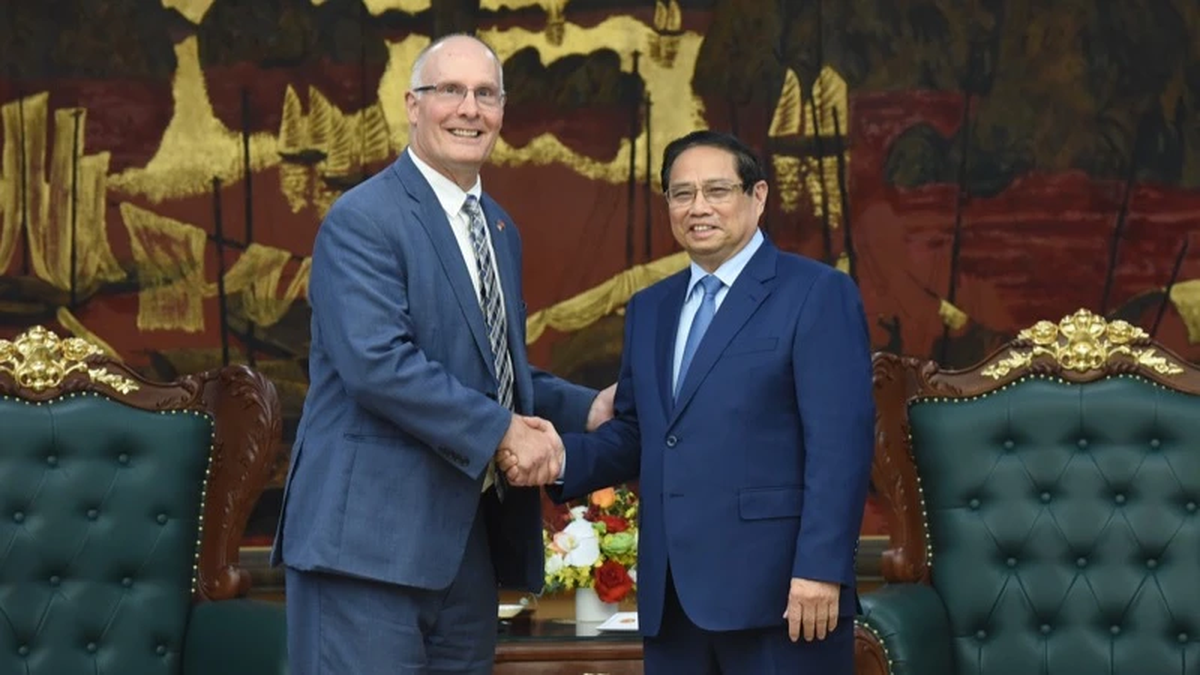
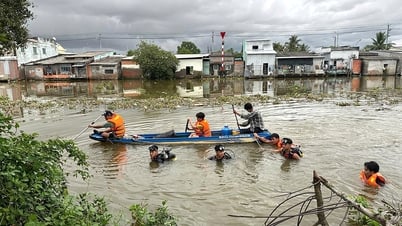


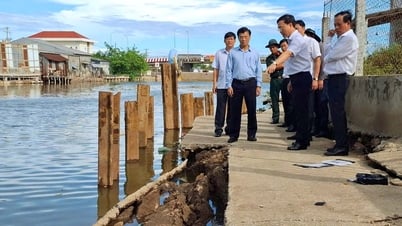






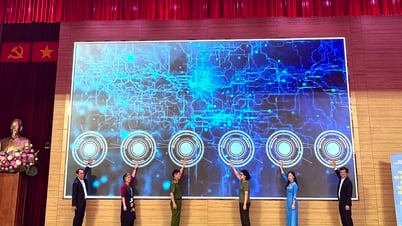

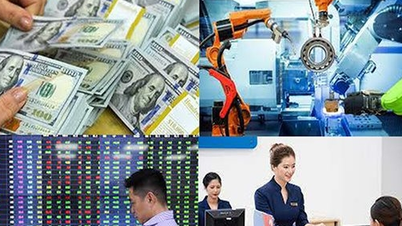


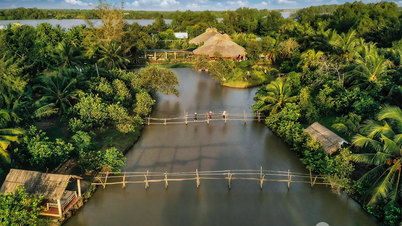





























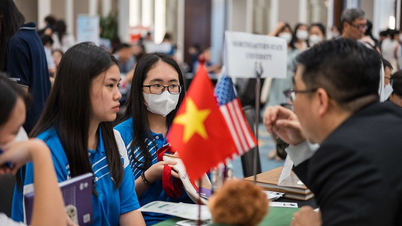










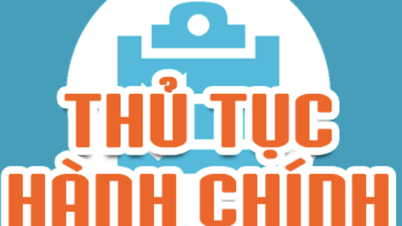


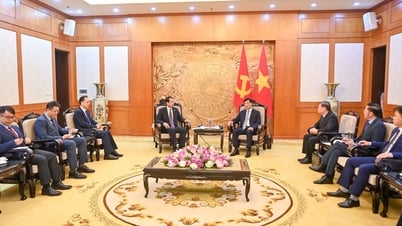




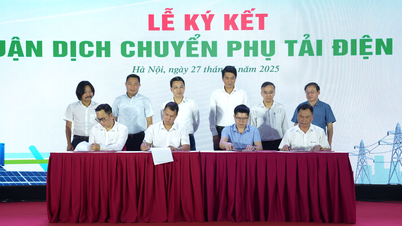
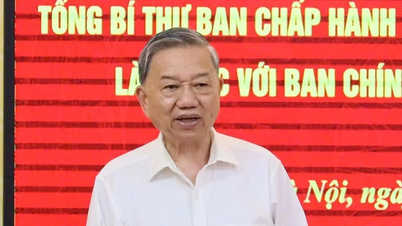

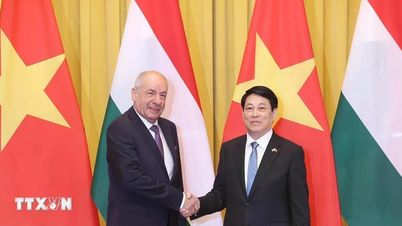
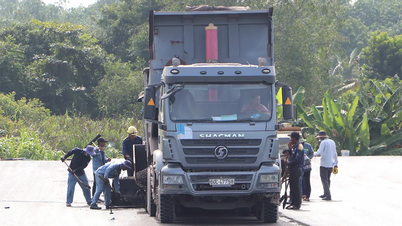



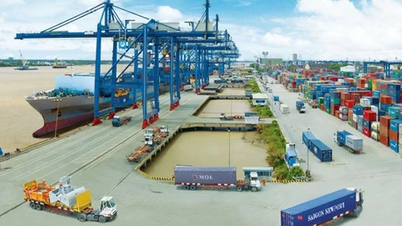








Comment (0)